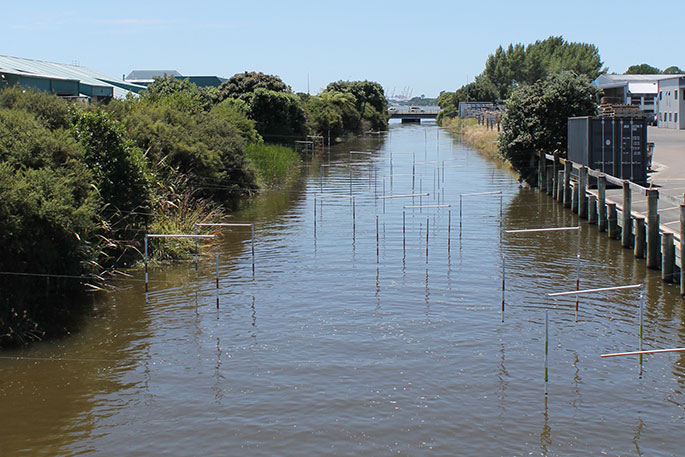The Government today is announcing its next steps to improve the state of our waterways, promising a noticeable improvement in water quality within five years.
“Clean water is our birthright. Local rivers and lakes should be clean enough for our children to swim in, and put their head under, without getting crook,” says Environment Minister David Parker.
“There will be a focus on at-risk catchments so as to halt the decline. We’re not going to leave the hard issues for future generations.”
David Parker and Agriculture Minister Damien O’Connor today released the Government’s blueprint to improve freshwater quality. It also sets out a new approach to the Māori/Crown relationship that will acknowledge Māori interests in fair access to water to develop their land.
“New Zealanders value our rivers and lakes. More than 80 per cent are committed to improving water quality for the benefit of future generations and they want central and local government, farmers and businesses to do more,” David Parker said at a function in Parliament to launch the new work programme," says David.
“New rules will be in place by 2020 to stop the degradation of freshwater quality - a new National Policy Statement for Freshwater Management and a new National Environmental Standard.
“The rules will include controls on the excesses of some intensive land use practices. Our remaining wetlands and estuaries will be better protected.
“We will drive good management practices on farms and in urban areas.”
“We are also amending the Resource Management Act to enable regional councils to more quickly implement water quality and quantity limits.
“We know Māori share the same interests as the rest of New Zealand in improving water quality and ensuring fair access to water resources.”
Minister for Māori Crown Relations: Te Arawhiti Kelvin Davis, says both Māori and the Crown are committed to Te Mana o te Wai.
“We are committed to a substantive discussion on how to address Maori interests, by taking practical steps to address constraints on Māori land development.”
David Parker said the Government’s approach to solving these issues is engaging leading New Zealanders who care about our freshwater – environmental NGOs, Māori, farming leaders, scientists, Regional Council experts and others.
“Already, we are working with the primary sector and regional councils in the most at-risk catchments. I recently visited the Aparima River in Southland where the farming community is leading a project to get all 600 land managers in the catchment following better farming practices.”
Damien O’Connor says New Zealanders all agree our natural resources must be used wisely.
“Primary sectors are crucial to an environmentally-sustainable, high-value economy that supports the wellbeing of all New Zealanders. This is why we must grow a sustainable and productive primary sector within environmental limits.
“Many in the sector are already working hard to protect the natural resources they depend on, and recognise the importance of enhancing our reputation as a trusted producer of the finest food and fibre products. The workstreams set out today recognise the importance of accelerating this good work.”
The documents Essential Freshwater and Shared interests in Freshwater can be read on the Ministry for the Environment website at: http://www.mfe.govt.nz/fresh-water/essential-freshwater-agenda



0 Comments
Leave a Comment